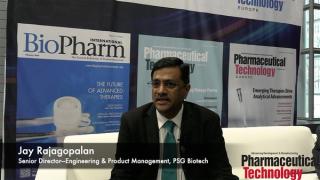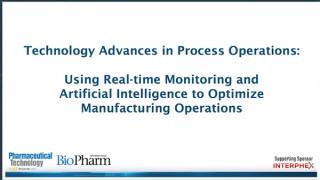
Process and Automation
Latest News
Latest Videos

More News

Lack of skills in the AI realm was a distant second among those surveyed about the biggest barrier to innovation while using the technology.
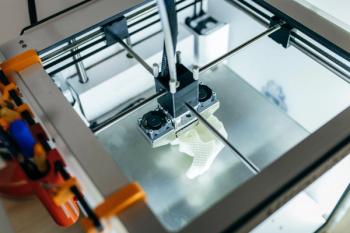
3D printing of personalized medications is currently possible under existing compounding regulations, offering enhanced process control through automation. But new legislation coming in 2025 will allow 3D printing as part of a distributed manufacturing framework.

Upgraded and dynamic valve platforms as well as advanced sensing will be some of the components of ITT’s exhibit.

Industry 4.0 is driving adoption in the pharma industry for smart equipment and tools that will advance manufacturing.
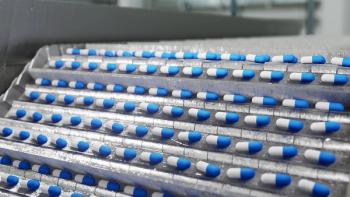
Continuous manufacturing offers advantages in both biotherapeutic and API manufacturing but still poses challenges.

In a lead up to The International Day of Women and Girls in Science, Pharmaceutical Technology® takes a look at the unique perspective women bring to the use of artificial intelligence in the pharmaceutical industry.

The collaboration will combine fully automated and digitalized technologies to reduce CGT manufacturing timelines to 2.5 days.

Cytiva will combine its CGT manufacturing technologies with Cellular Origins' robotic manufacturing platform.

Automation technologies provide real potential to improve responsiveness and decision-making in drug development.

Automation, miniaturization, and new software algorithms are improving throughput and accuracy.

Synaffix, a Lonza company, has licensed its ADC technology to BigHat Biosciences to be combined with the latter's ML design platform to develop new ADCs

Capturing and curating R&D data are crucial to realizing the full value of advanced analytics.

With DKK 600 million (US$87.4 million) in funding from the Novo Nordisk Foundation, the new supercomputer offers the potential to accelerate innovation in drug discovery.

The use of artificial intelligence and machine learning has the potential to provide some key benefits; however, there are still significant barriers to the implementation of these advanced technologies.

New and existing technologies, as well as a patient-centric focus, are pushing drug formulation into exciting directions.
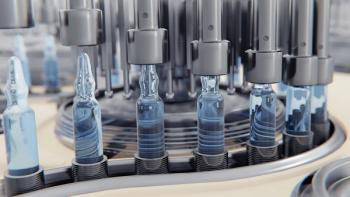
New technologies improve efficiency and remove operator intervention.

Manual and automated inspection technologies have their own advantages and limitations.
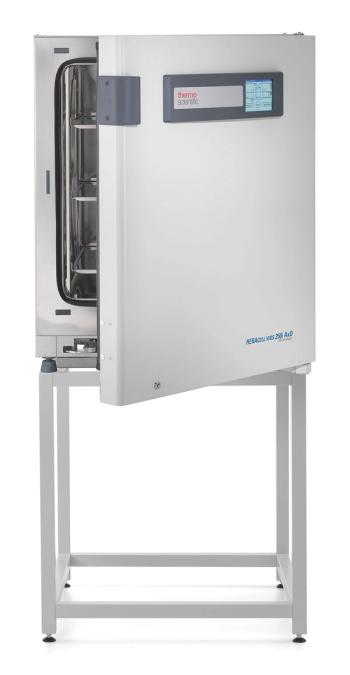
The VIOS family of incubators are known for optimal cell growth conditions and minimal contamination risk.

Leveraging automation advancements can help improve efficiency in aseptic processing and speed up commercialization of critical drug products.

Artificial intelligence and machine learning can help overcome poor solubility and bioavailability.

Lonza’s Joe Garrity and Jerry Jiang discuss the importance of not only automating CGT manufacturing, but also standardizing across processes.

Improved efficiencies and reduced costs are clear advantages of automating drug manufacturing processes.

CGT Catapult will implement Cellular Origins' robotic platform in its Stevenage, UK, site to establish automated CGT manufacturing.

Digital transformation is allowing for better handling, analysis, and protection of vast data collection.

In a new agreement, Cellares will utilize its Cell Shuttle fully automated cell therapy manufacturing platform to manufacture select CAR-T cell therapies under development by Bristol Myers Squibb.









